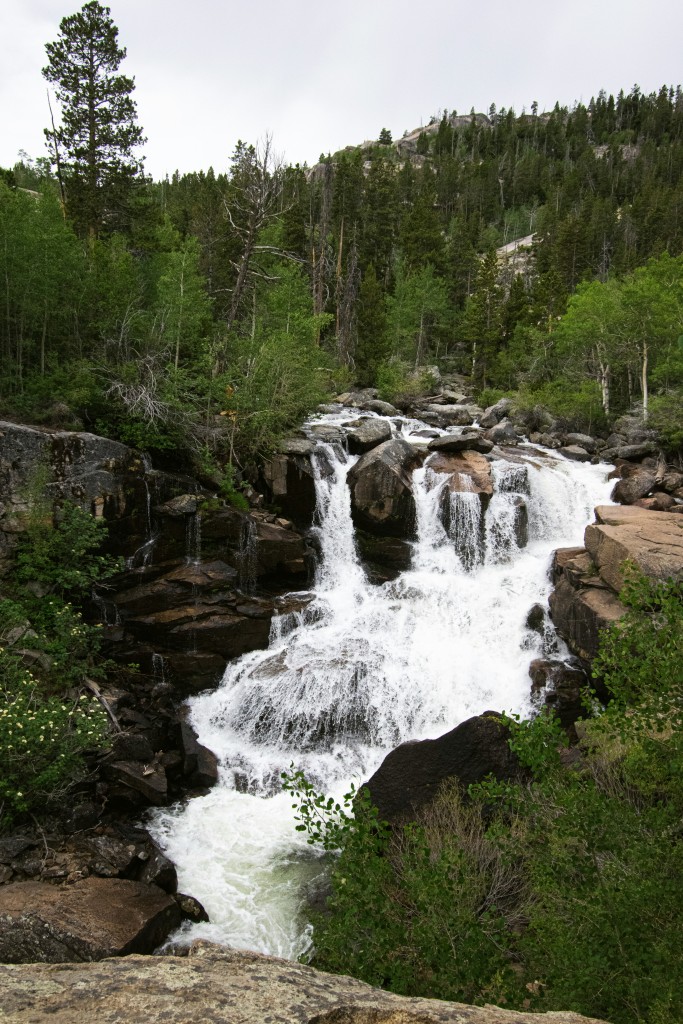Quick Facts
- Bronson developed performance indicators and tools for the Northern Contaminated Sites Program (NCSP) to measure and track progress effectively.
- The project included creating a draft Performance Information Profile, quarterly reporting templates, and a lessons learned repository.
- Bronson’s work ensured compliance with Treasury Board requirements and enhanced the program’s ability to track environmental, health, safety, and socio-economic impacts.

Project Description
Bronson supported the Northern Contaminated Sites Program (NCSP) of the federal department of Crown-Indigenous Relations and Northern Affairs (CIRNA) with the development of performance indicators and tools to effectively measure and track those indicators. NCSP manages a portfolio of contaminated sites in Canada’s North that have become the responsibility of the federal government as a result of historical contamination from private sector mining, oil and gas and military activities.
Bronson’s work involved the refinement of NCSP’s performance management documentation as per the requirements outlined by the Treasury Board of Canada. Using the guidance and templates provided by Treasury Board and consultations with the program’s directors, Bronson developed a draft Performance Information Profile for the program, which included the outputs and outcomes of the program, a series of indicators related to the outcomes and, for each indicator, targets, the methodology for their collection, the data source and the frequency of data collection.
As part of this work, Bronson also developed quarterly reporting templates to compile the data required to track the performance indicators outlined in the NCSP Performance Information Profile. These templates are used to track the budget, scope and schedule for each project, as well as performance related to indicators associated with environmental, health and safety and socio-economic data related to employment, training and business opportunities for members of northern and Indigenous communities. Bronson’s work also involved developing guidance related to the use of the quarterly reporting templates.
Included in this task order was also work related to the development of a lessons learned repository template and a spreadsheet for the tracking changes in project budgets, schedule and scope.
The difference between the proposed budget and actual budget was due to the tasks requiring less time to complete that originally expected.
Business Challenge
The Northern Contaminated Sites Program (NCSP) needed to refine its performance management processes to effectively measure and track progress across its portfolio of contaminated sites. This involved aligning with Treasury Board requirements and ensuring comprehensive tracking of various performance indicators.
Our Solution and Outcome
Bronson supported NCSP by developing a detailed Performance Information Profile, outlining program outputs, outcomes, and related performance indicators. For each indicator, Bronson specified targets, data collection methodologies, sources, and collection frequency. They created quarterly reporting templates to track budget, scope, schedule, and performance related to environmental, health, safety, and socio-economic factors, particularly for northern and Indigenous communities. Bronson also provided guidance on using these templates, ensuring consistent and accurate data tracking. Additionally, they developed a lessons learned repository template and a spreadsheet to track changes in project budgets, schedules, and scope. The tasks required less time to complete than initially expected, leading to a budget surplus.
The outcome was a robust performance management framework that enhanced NCSP’s ability to monitor and report on key indicators, ensuring effective oversight





